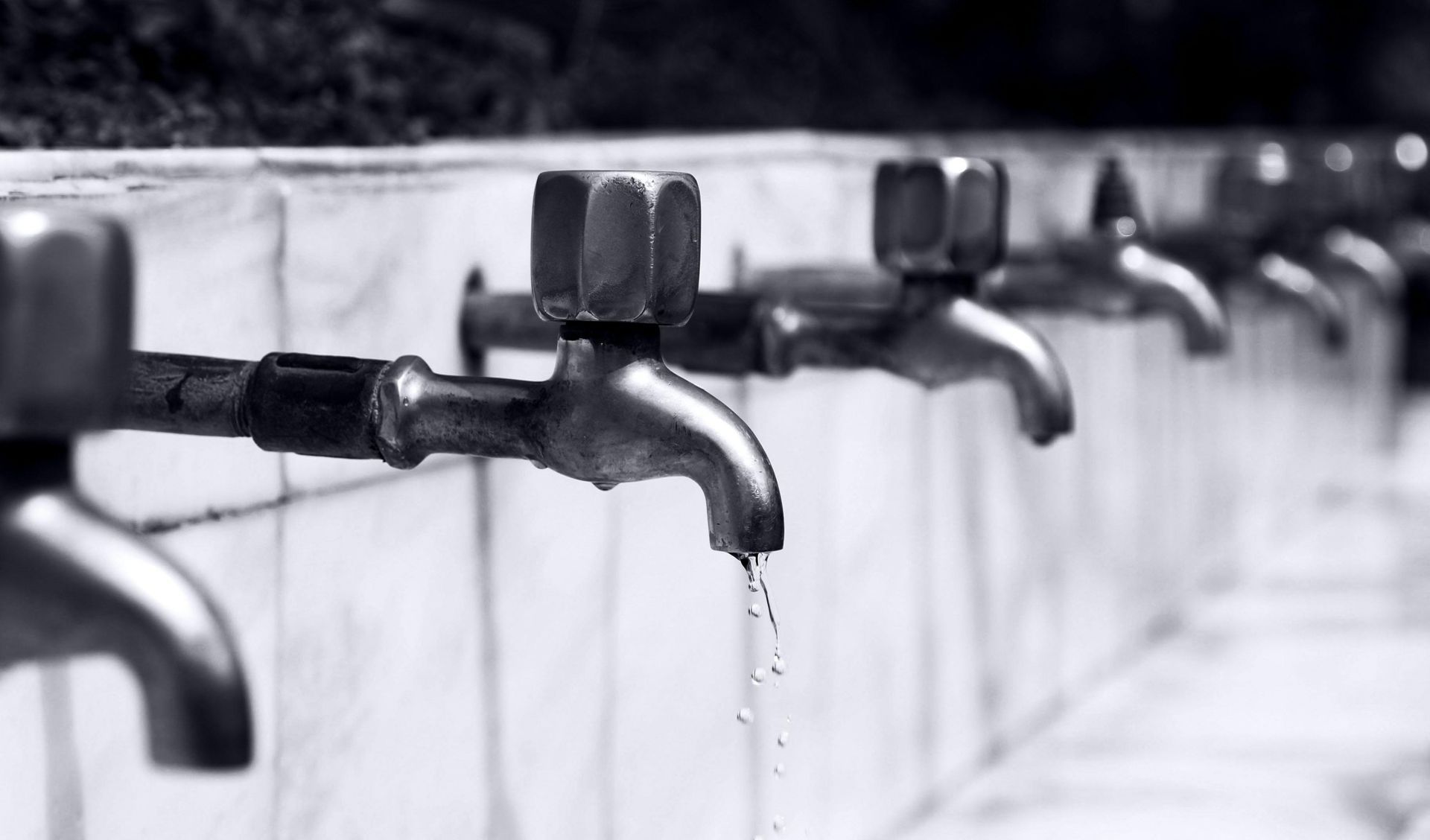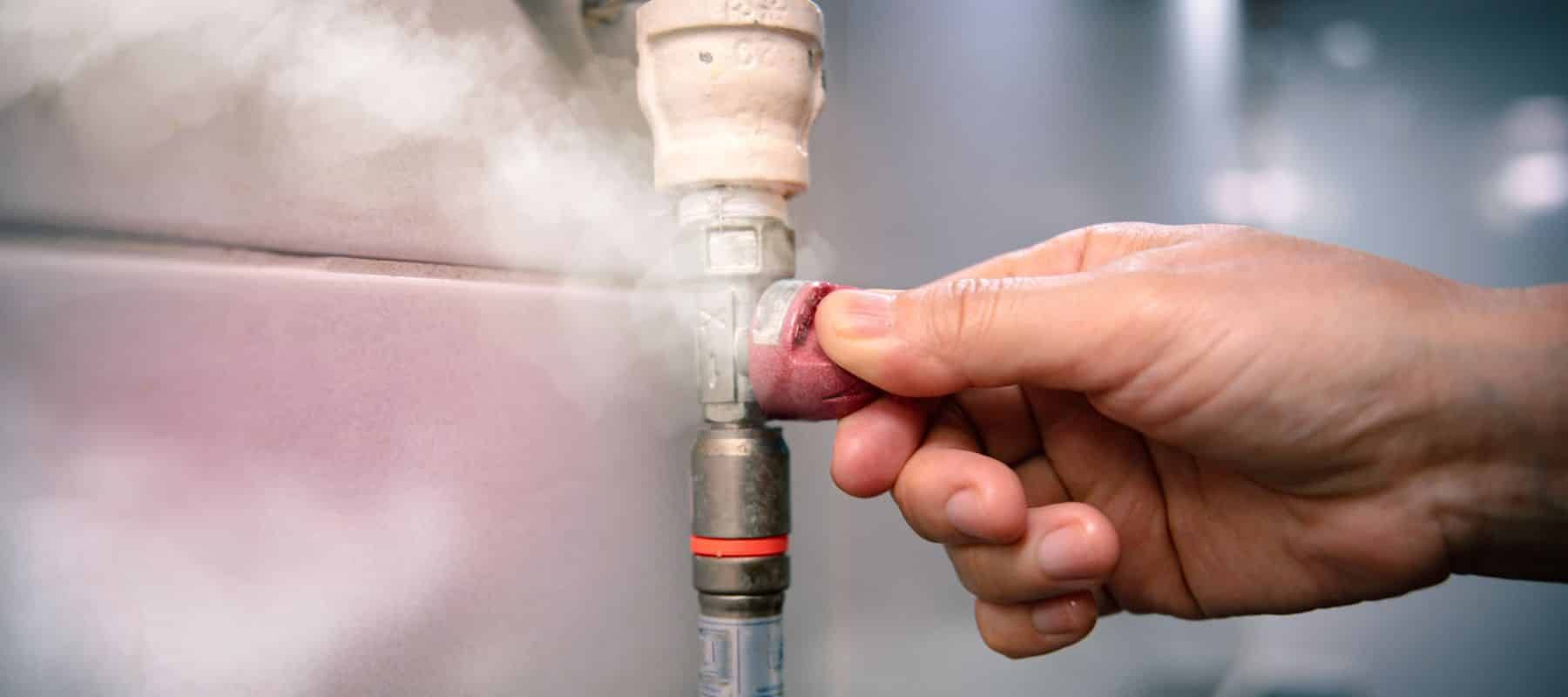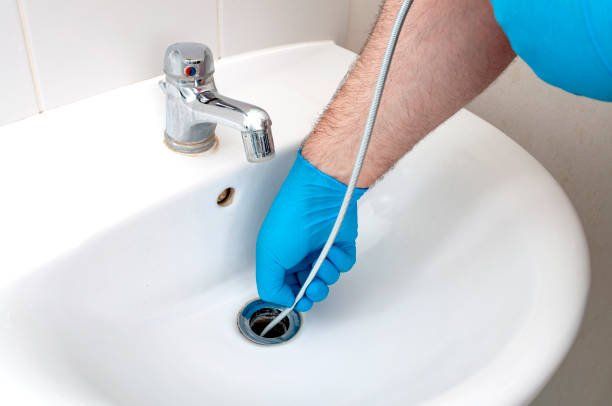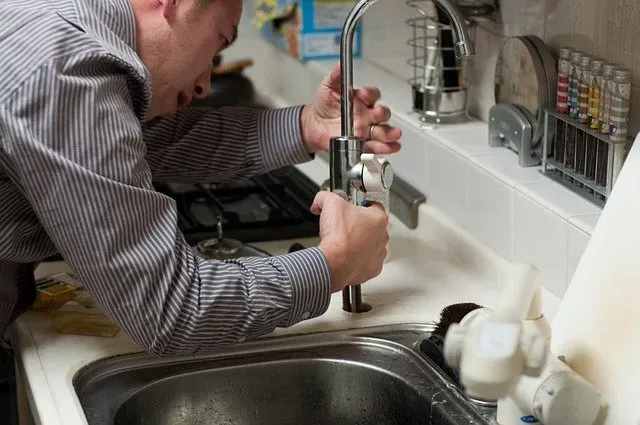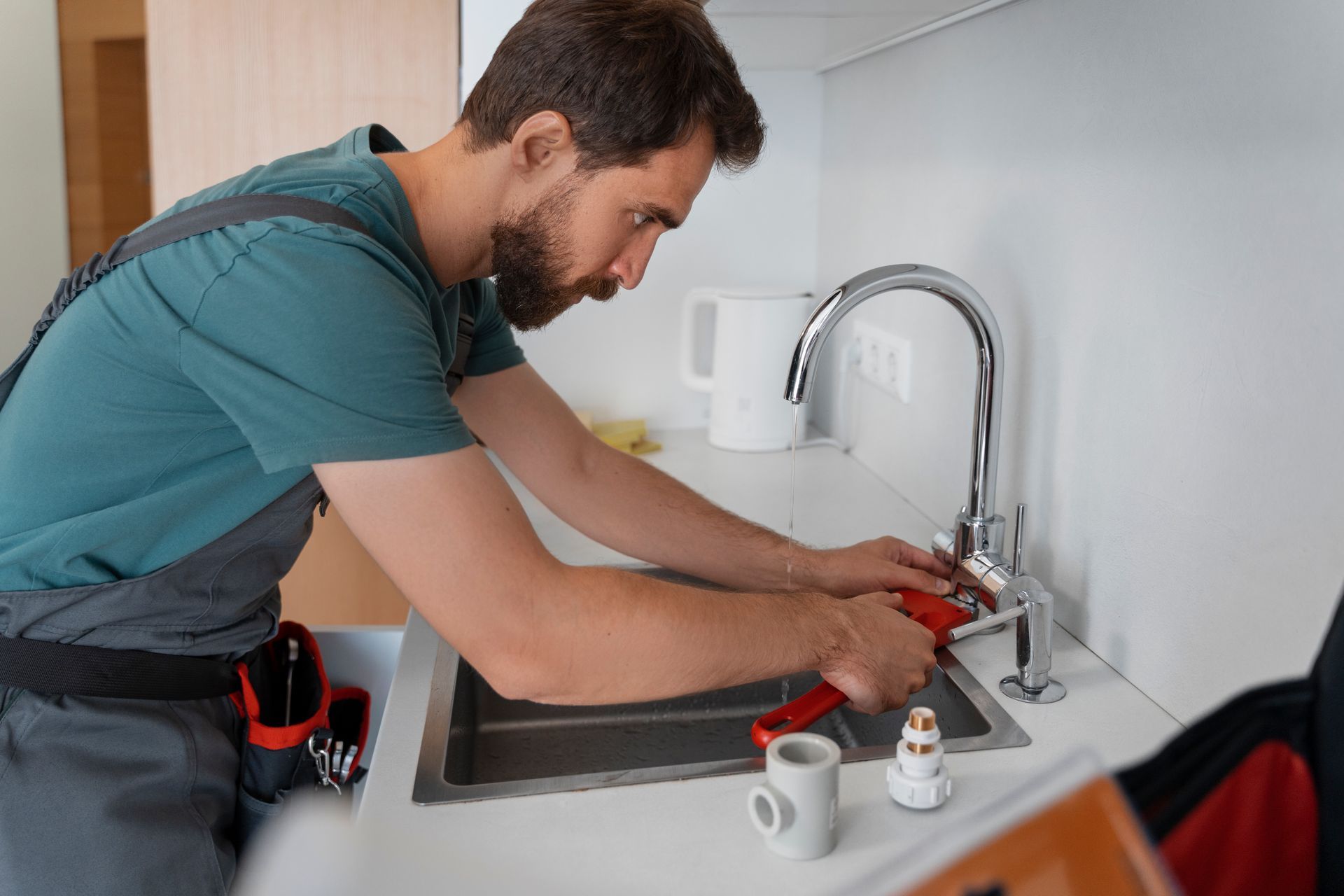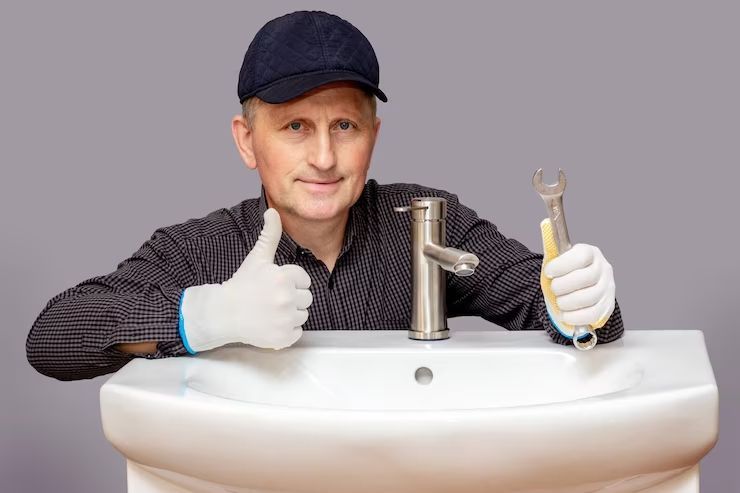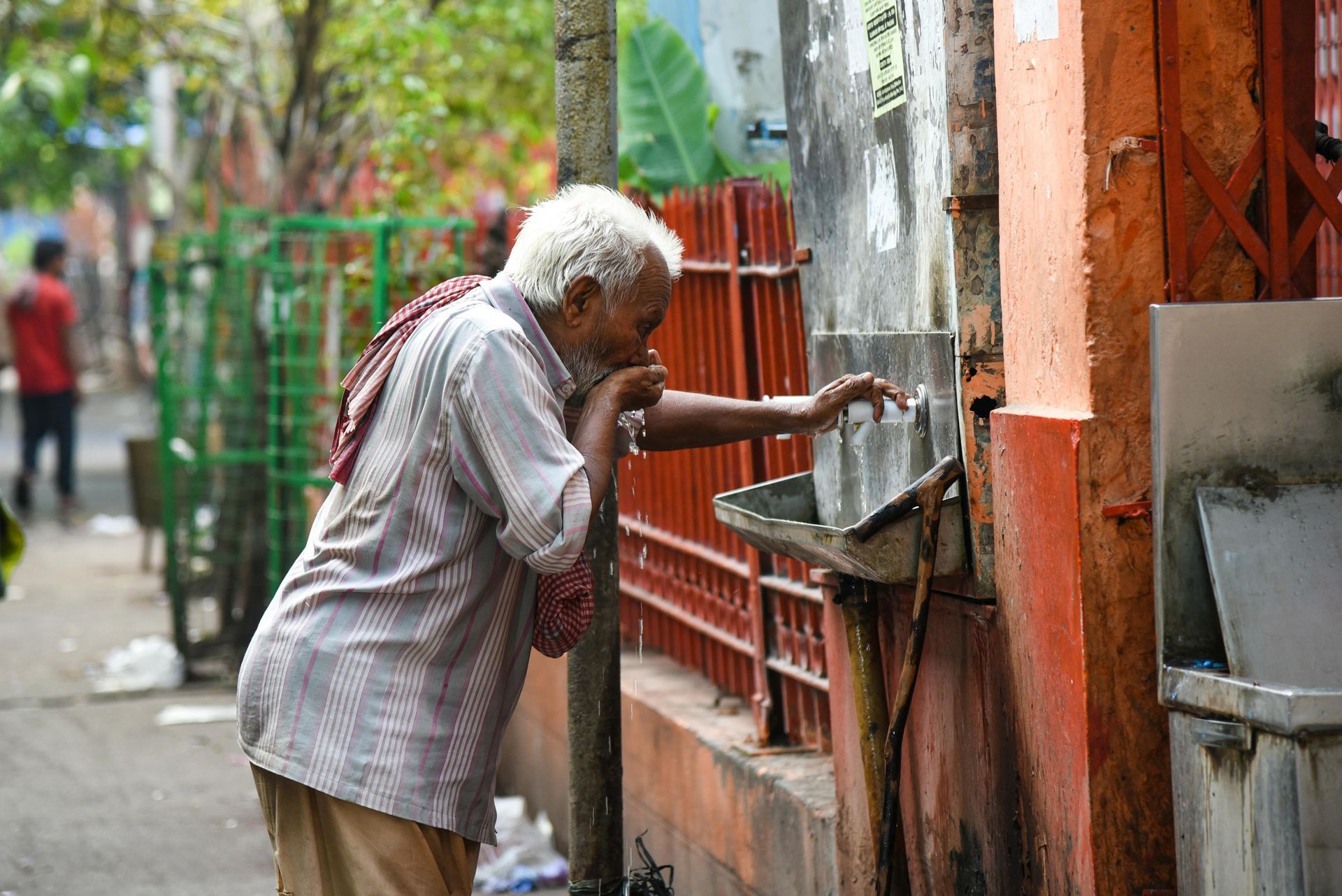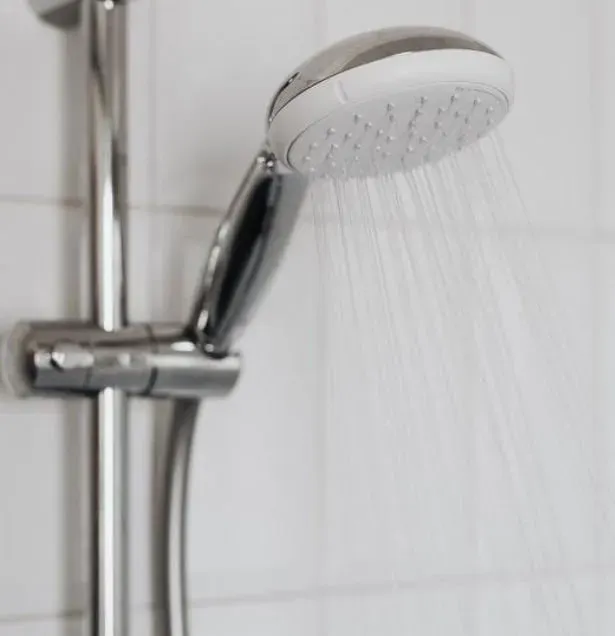How To Effectively Fix A Slow Draining Bathroom Sink?
A slow draining bathroom sink is a common plumbing issue that, while often minor, can cause significant disruption in daily life. It manifests as water pooling in the basin and refusing to drain quickly, often due to clogs caused by hair, soap scum, toothpaste, and other debris accumulating over time. Beyond being an inconvenience, slow drains can lead to unpleasant odors, increased risk of leaks, and even further damage if left untreated. Understanding how to properly troubleshoot and fix this issue can save time, money, and stress.
This article provides a comprehensive, professional guide on how to effectively fix a slow draining bathroom sink. Alongside detailed troubleshooting steps, the article will also discuss related home plumbing concerns such as how to fix a slow draining dishwasher, the relevance of waterline repair and replacement, and the importance of engaging qualified professionals like All City Plumbers when needed.
Common Causes of Slow Draining Bathroom Sinks
Typically, slow drainage in a bathroom sink results from the gradual buildup of hair, soap scum, toothpaste residue, and other gunk within the drain or traps. Mineral deposits from hard water areas can also narrow pipes, restricting flow. Sometimes, misplaced objects or corrosion in the pipes contribute to blockages or reduced flow.
Identifying the root cause is critical to applying the most effective solution, as some blockages reside near the drain opening while others may lie deeper within the drain line.
Tools and Materials Required
Successful resolution requires a combination of the right tools and materials. Before beginning, gather the following:
- A sink plunger suitable for bathroom basin drains
- Drain snake or auger for reaching deeper obstructions
- Drain zip tool—a plastic, barbed device designed to extract hair and debris
- Adjustable wrench to remove drain traps
- Bucket to catch spills
- Baking soda and white vinegar for natural cleaning
- Gloves and eye protection
Having these ready helps ensure the repair proceeds efficiently and safely.
Step-by-Step Guide to Fixing a Slow Draining Bathroom Sink
Step 1: Remove and Clean the Sink Stopper
One of the most common culprits of slow drainage is accumulation around the sink stopper or pop-up assembly. Start by removing the stopper mechanism. Usually, this requires loosening the pivot rod beneath the sink connected to the stopper. Once detached, pull the stopper out and thoroughly clean it, removing hair, soap residue, and gunk adhered to its surfaces.
Step 2: Use a Drain Zip Tool to Extract Surface Debris
With the stopper removed, insert a drain zip tool down the drain opening. The tool’s small barbs capture hair and debris within the first few inches of the pipe. Repeatedly insert, twist, and withdraw the zip tool until no more debris comes up. This step often significantly improves drainage visibly.
Step 3: Employ a Sink Plunger
If the sink remains slow, a plunger can help dislodge minor blockages in the drainpipe or P-trap. Ensure there is enough water in the basin to cover the plunger’s cup, creating a seal. Pump the plunger vigorously several times and then quickly lift it to see if water drains more freely.
Step 4: Use a Drain Snake for Deeper Clogs
Persistent slow drainage typically signals a clog located farther down the line. A drain snake or auger is then necessary. Feed the flexible cable into the drain pipe and rotate it to break up or catch obstructions. After maneuvering the snake through the pipe, carefully pull it out, bringing debris with it.
Step 5: Clean the P-Trap
If the clog remains, check the P-trap under the sink. Place a bucket underneath, loosen the slip nuts, and remove the P-trap. It often contains trapped hair, soap scum, and debris. Clean it thoroughly before reinstalling, ensuring all connections are tight to prevent leaks.
Step 6: Flush with a Natural Cleaner
After mechanical cleaning, flushing the drain with a solution of baking soda and white vinegar can dissolve remaining organic buildup and deodorize the drain. Pour half a cup of baking soda into the drain, followed by half a cup of vinegar. Let it fizz for 15-20 minutes, then rinse with boiling water.
Step 7: Verify Drainage and Monitor
Once reassembled, run water to test the drainage speed and watch for leaks at all plumbing connections. If the sink still drains slowly or there are leaks, further evaluation may be necessary.
Related Plumbing Considerations
Slow drainage in the bathroom can sometimes reflect broader household plumbing issues. For instance, homes may experience accompanying challenges such as a slow draining dishwasher, which similarly may suffer from clogged drains or improper venting. Additionally, if multiple fixtures are slow draining or frequent blockages occur, this might signal more severe problems requiring professional assessment for possible waterline repair and replacement.
Role of Professional Plumbing Services
While many homeowners can tackle minor clogs on their own, complex or persistent drainage problems often require professional expertise. Plumbing professionals like All City Plumbers offer skilled diagnostics, use advanced tools, and understand local codes to safely resolve drainage and pipe issues that homeowners cannot easily fix. Engaging such professionals can prevent damage, save money, and ensure lasting solutions.
Preventive Maintenance Tips
Preventing slow drains involves routinely cleaning sink stoppers and using drain screens to reduce debris entry. Avoid flushing hair or heavy soap buildup down the drain. Performing periodic flushes with natural cleaning mixtures helps maintain free-flowing pipes. Promptly addressing minor drainage changes can avoid more difficult clogs.
Conclusion
Effectively fixing a slow draining bathroom sink combines identifying the cause, mechanically clearing blockages via tools like drain zippers, plungers, and snakes, and maintaining drains with natural cleaning agents. Deep clogs or underlying pipe damage may require professional intervention. Recognizing associated issues such as slow draining dishwashers or need for waterline repair and replacement ensures comprehensive home plumbing care.
For reliable, expert assistance, All City Plumbers provide thorough solutions to keep your bathroom sinks and entire plumbing system functioning optimally. Prompt attention to drainage problems preserves your home's comfort, hygiene, and long-term plumbing health.

